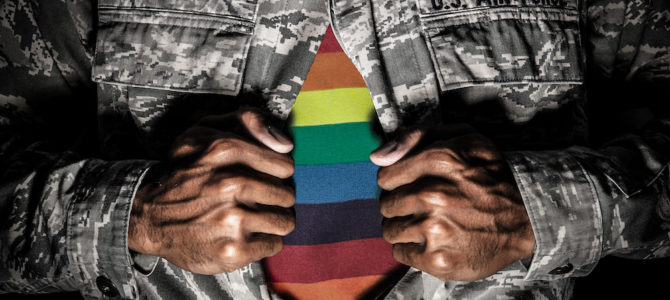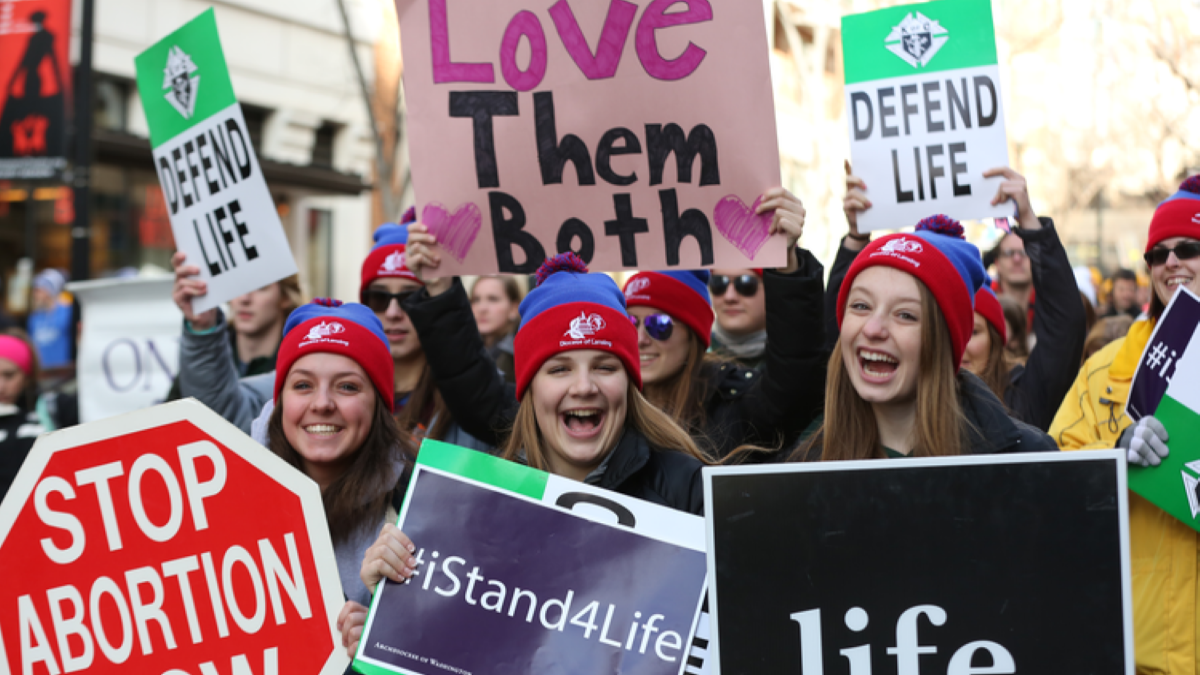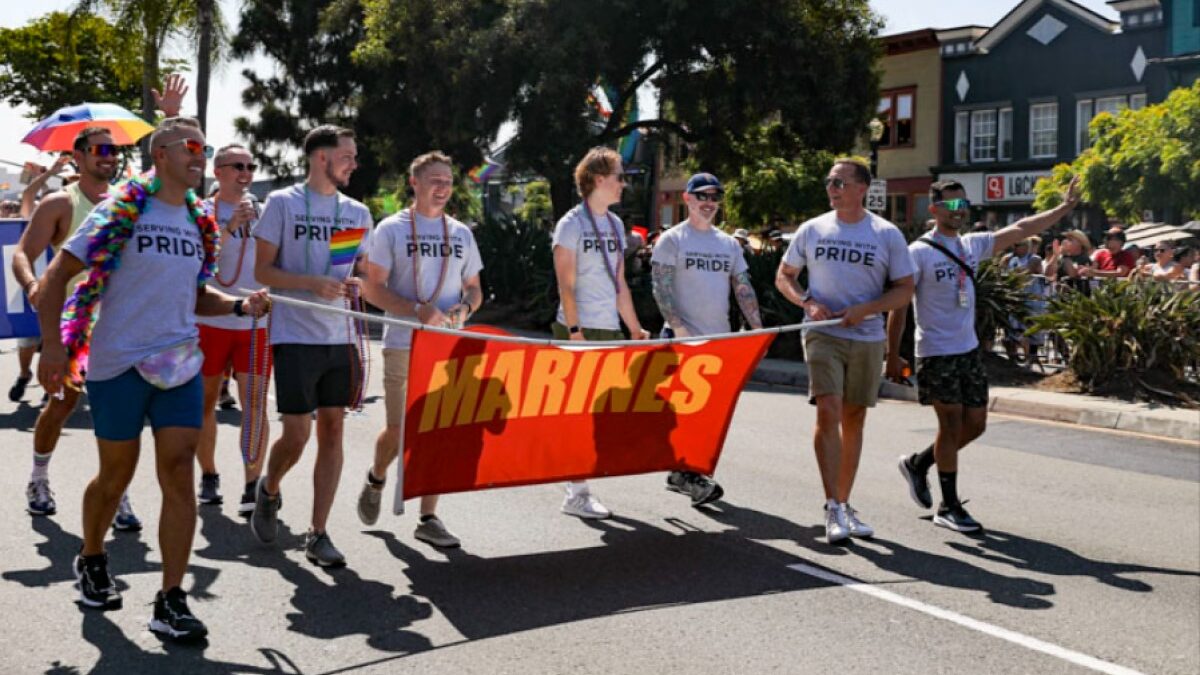
Donald Trump was elected because he says things everyone else is thinking but is afraid to say. He did that very thing when he tweeted that openly transgender individuals don’t belong in the U.S. military.
After the ensuing explosion of vitriol on (mostly) the Left, you would have thought the president had been cleared of collusion with Russia. Since the vitriol comes with a heaping helping of self-righteousness and a side of fanaticism, the arguments in favor of transgender soldiers are drenched in both. They are also inane and dangerous. Here’s a random selection.
‘Transgender soldiers are already serving openly without any issues.’
The Department of Defense lifted the ban on transgender soldiers serving openly only a year ago. It’s hard to believe we have accurate data on the results because we can’t even agree on how many transgender military we have. The DoD calculates up to 7,000; the RAND Corporation says somewhere around 2,500; The Palm Center, a research institute in San Francisco, calculates 12,600; the OutServe-Servicemembers Legal Defense Network says 16,000; and Kristin Beck, a former Navy Seal who served for 20 years as Christopher Beck before coming out as a transgender woman, estimates there are 75,000 to 100,000 transgender personnel in uniform.
‘Any individual who is qualified and willing to serve should be allowed to serve.’
This is the dumbest argument I’ve ever heard. An individual’s qualifications and willingness to serve are the least important basis for assembling a military unit of maximum combat effectiveness. No one serves in isolation. Soldiers work together, eat together, shower together, and sleep together, all in very close proximity.
The Marines would know. They don’t play, the Marines. They research. Before the ban on women in combat was lifted, they studied the potential impact of gender-integrated units. Every Marine they looked at was both qualified and willing to serve, but it was how the qualified and willing Marines were constituted in units that made all the difference.
All-male squads demonstrated higher performance levels, exhibited more speed and focus, had better accuracy, and engaged targets quicker than mixed male-female units. Is that because men are smarter and stronger than women? Is it because men are more focused when women aren’t around? It doesn’t matter. All that matters—obviously—is that qualifications and willingness to serve are only part of the story.
If an XX individual identifies as male, but requires hormone injections to attain maleness, that’s a soldier who requires regular injections. If regular injections are no big deal, why are Type I diabetics barred from serving because they require insulin?
What happens on a Forward Operating Base if medical supplies are delayed? Or if a soldier is cut off from the base for any length of time? What happens to that soldier’s mental and emotional functioning without the needed hormone injections? If the discomfort with one’s biological sex is so great that one is willing to receive hormone injections to ease it, we can assume that not receiving the injections would be detrimental to one’s well-being and therefore combat effectiveness. Not to mention the combat effectiveness of one’s unit.
A military unit at maximum combat effectiveness is a military unit least likely to suffer casualties. Winning in war is often only a matter of inches, and unnecessary distraction or any dilution of the combat effectiveness puts the mission and lives in jeopardy. Risking the lives of a military unit in combat to provide career opportunities or accommodate the personal desires or interests of an individual, or group of individuals, is more than bad military judgment. It is morally wrong. [emphasis added]
Ask not what your country can do for you. Ask what you can do for your country.
‘It makes our country less safe.’
How are we safer because men who identify as women and women who identify as men are serving openly? How are we safer when we pay for expensive hormones and surgeries instead of bombers and aircraft carriers? At a time when we’ve been forced into sequestration and are struggling to provide the basics, how does it make us safer to divert resources away from ensuring that safety to transgender sensitivity training, mental health services for transgender soldiers who are victims of harassment, facilities upgrades, retrofit showers, and other accommodations within communal living spaces?
We can’t even agree on which bathrooms trans people can use, but somehow we’re safer if we’re all in the shower together? No distraction there.
‘This is legalized discrimination, no different than when the Armed Forces were segregated.’
If race and sex are equivalent, why does the International Olympic Committee (IOC) have rules for transgender athletes but not for black athletes?
For a transgender woman (XY chromosomes) athlete to compete in the female category, the athlete must:
- Declare female gender identity and live consistent with this identity for at least four years.
- Demonstrate that total testosterone level in serum has been below 10 nmol/L for at least 12 months prior to first competition. Evaluation on a case-by-case basis will determine whether 12 months is a sufficient length of time to minimize any advantage in women’s competition.
- Demonstrate that total testosterone level in serum remains below 10 nmol/L throughout the period of desired eligibility to compete in the female category.
There are no such rules for black athletes to be able to compete with white athletes or vice versa because there is no difference between black and white athletes.
‘Anyone who opposes transgender soldiers in the military is a bigot.’
There are a lot of reasons besides bigotry that someone might object to transgender soldiers, such as diverting funds from winning wars to pay for surgeries and hormones; reducing combat effectiveness due to distractions or tensions; difficulty integrating pre-transition and in-process transition transgender soldiers with the unit as a whole; and understanding scientifically, medically, and socially what it means to be transgender. One of the objections might even be that the presence of transgender soldiers in a unit makes the unit less effective and therefore the transgender soldiers themselves less safe.
‘We would lose soldiers like Kristin Beck.’
No, we wouldn’t. Kristin Beck didn’t serve in the military. Christopher Beck did. Christopher Beck was part of the elite SEAL Team 6 and was deployed 13 times, including to Afghanistan, Iraq, Bosnia, and Africa. Christopher Beck received the Purple Heart, the Bronze Star with valor, and 50 other medals during his 20-year career. He retired from the Navy in 2011. In 2013, Kristin Beck published a memoir: “Warrior Princess: A U.S. Navy SEAL’s Journey to Coming out Transgender.”
It is disingenuous to say Beck is the first female Navy SEAL when that career ended two years before Christopher—who was known for his beard—transitioned to Kristin. There has never been a female Navy SEAL, only a male Navy SEAL who retired and took feminizing hormones.









